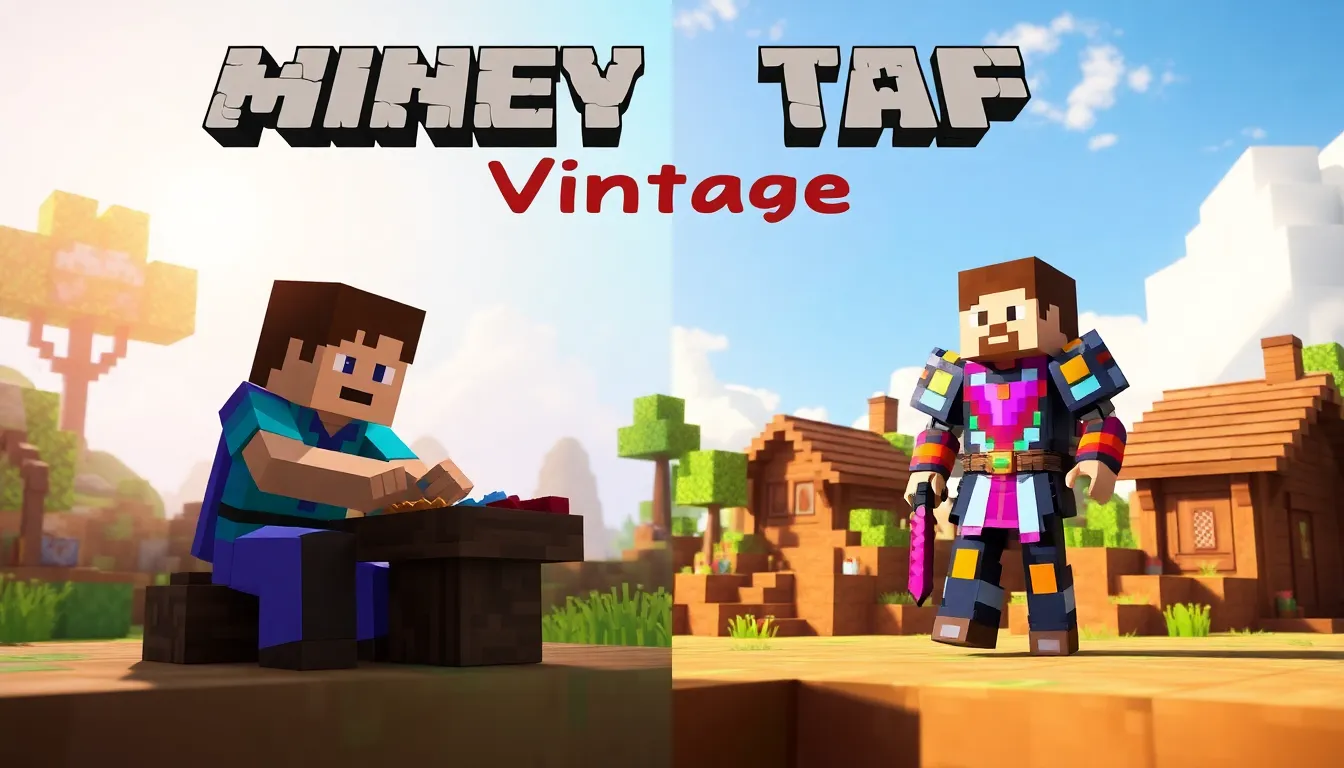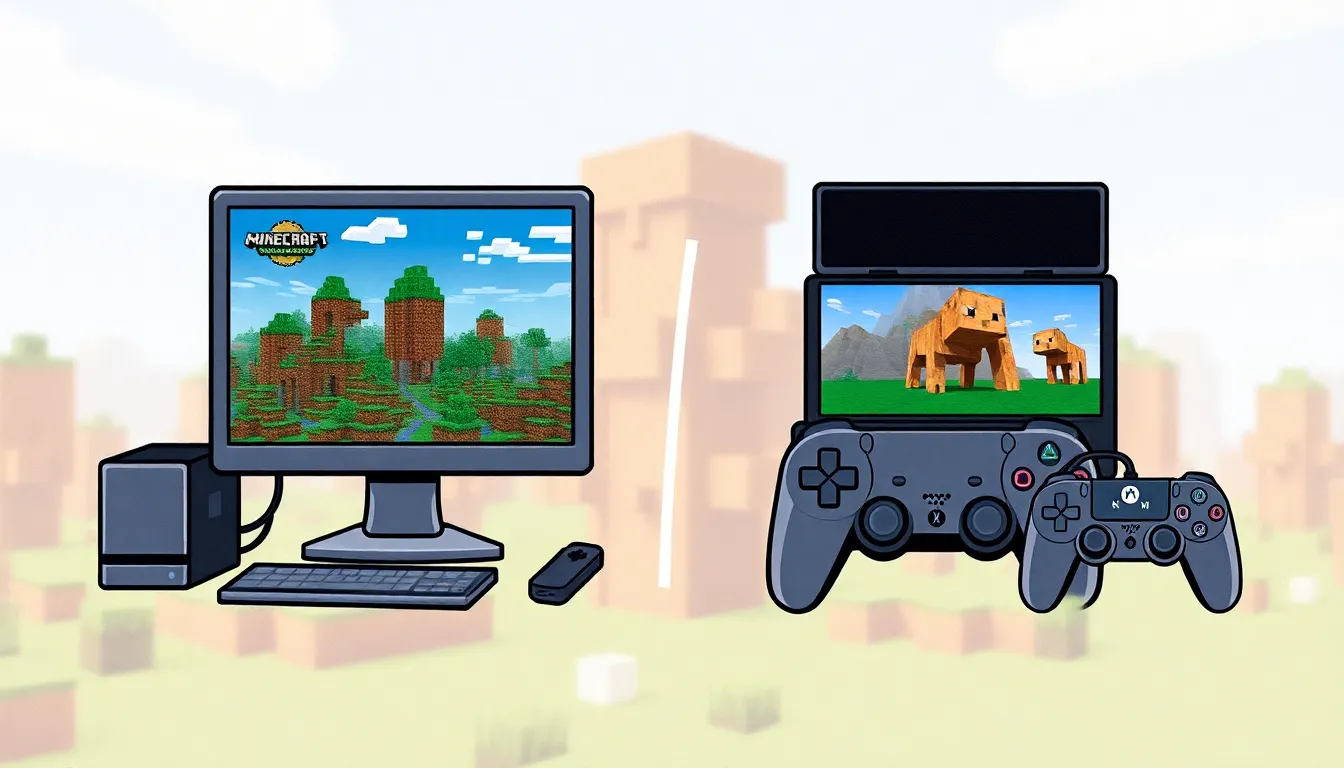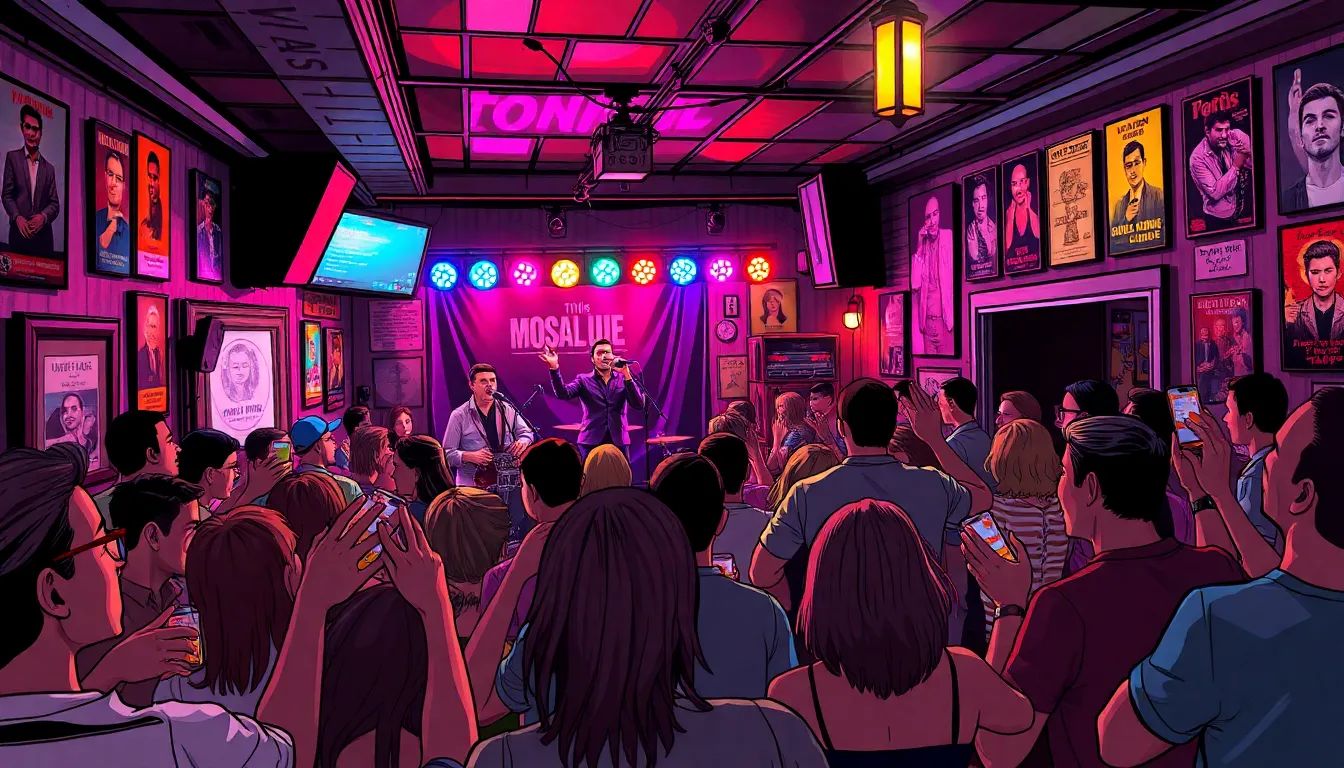In the ever-expanding universe of Minecraft, a burning question lingers: can Java play with Bedrock? Picture this: two worlds, each with its own quirks and charms, just waiting to unite for some blocky adventures. It’s like trying to mix oil and water—exciting but tricky.
Players often find themselves torn between the two versions, each boasting unique features and gameplay styles. But what if they could come together for epic cross-platform fun? Imagine the possibilities! From crafting to exploring, the potential for collaboration is tantalizing.
Table of Contents
ToggleUnderstanding Java and Bedrock Editions
Java Edition and Bedrock Edition feature unique characteristics that influence gameplay. Java Edition operates on PC platforms, utilizing Java programming language. Users enjoy extensive modding capabilities, allowing for user-generated content and customization. Bedrock Edition, on the other hand, functions across multiple devices like consoles and mobile platforms, emphasizing accessibility.
Multiplayer options differ significantly between the two editions. Java Edition utilizes dedicated servers, promoting larger communities and custom gameplay experiences. Bedrock Edition focuses on the Microsoft ecosystem, offering simpler access to multiplayer via Xbox Live.
Cross-play remains a topic of interest among players. Java and Bedrock editions run on different game engines, complicating direct interactions. Gamers cannot join the same server across both versions due to technical limitations rooted in these engines.
Support for content also varies widely. Java Edition benefits from a diverse library of mods created by the community, enhancing creativity and features. Bedrock Edition relies on Marketplace content, offering curated experiences through paid add-ons.
Understanding these distinctions aids players in navigating their preferred gaming environments. While Cross-platform play intrigues many, technical barriers prevent seamless interaction. Players enjoy the benefits of both editions by selecting based on their device preference, gameplay style, and community involvement.
Ultimately, knowing the differences shapes the multiplayer experience in Minecraft. Engagement with either edition provides unique adventures, each with its own set of possibilities and constraints.
Cross-Platform Play Explained

Cross-platform play between Minecraft’s Java and Bedrock editions presents exciting possibilities alongside notable challenges. Each edition features unique gameplay styles and functionalities, which impacts player interactions.
Differences Between Java and Bedrock
Java Edition operates solely on PC platforms, featuring intricate modding capabilities. Players enjoy extensive customization options through various mods created by the community. In contrast, Bedrock Edition runs on multiple devices, including consoles and mobile, focusing on accessibility and user experience. This edition provides a more straightforward multiplayer experience that connects players via the Microsoft ecosystem. Additionally, game engines underpinning each version result in distinct technical specifications, which directly influence gameplay mechanics and performance.
Advantages of Each Edition
Java Edition offers a wealth of mods, enhancing gameplay with personalized features and creative experiences. Its dedicated servers support large communities, making collaborative adventures more varied and engaging. Bedrock Edition boasts cross-device compatibility, allowing friends to connect regardless of their chosen platform. This inclusivity fosters a larger player base while maintaining ease of access through the marketplace. Unique gameplay mechanics, found only in each version, contribute to distinct adventures that appeal to diverse audiences.
Can Java Play With Bedrock?
Minecraft’s Java and Bedrock editions can’t directly interact due to distinct technical hurdles. Players often wonder if there’s a way to connect their experiences.
Reasons for Incompatibility
Different game engines create a primary barrier between Java and Bedrock. Each edition uses unique coding languages, leading to varied gameplay mechanics. Java’s extensive modding capabilities enhance customization but make it incompatible with the streamlined, cross-platform focus of Bedrock. Additionally, multiplayer connections differ significantly; Java leverages dedicated servers while Bedrock incorporates Microsoft’s ecosystem for online play. These variations ultimately prevent seamless communication and collaborative gameplay across editions.
Workarounds and Solutions
Players explore a few workarounds to unite Java and Bedrock experiences. Third-party servers like GeyserMC enable cross-play by acting as a bridge between both editions. Using this server software lets Bedrock players connect with Java servers, fostering a shared gameplay experience. Players can opt for server versions that support cross-platform capabilities, blending the two worlds. However, these solutions may require technical knowledge to set up. Modifications and configurations help facilitate collaboration, though not all features from each edition may be accessible in these environments.
The Future of Cross-Platform Play
Future possibilities for cross-platform play between Java and Bedrock editions remain a hot topic. Current technical limitations must overcome coding differences and gameplay mechanics that separate these editions. Increased demand for collaboration drives developers to explore potential solutions. Developers and players alike seek innovative methods to bridge these platforms.
GeyserMC represents one promising workaround, enabling Bedrock players to connect with Java servers. This bridge allows for shared experiences, although setup can require technical expertise. Unique gameplay elements may not translate perfectly between editions, potentially limiting player interactions.
Prospective updates from Mojang could also influence the future landscape. The company has shown interest in improving cross-play capabilities. Community feedback consistently emphasizes a desire for more inclusive gaming experiences. Exploring new technologies might facilitate these connections, offering seamless interactions between players.
Developers remain committed to enhancing functionalities. Collaboration with modding communities could lead to hybrid servers that accommodate both Java and Bedrock players. Each advance might bring the editions closer to a unified experience while maintaining their individual characteristics.
As these efforts unfold, excitement continues to build within the Minecraft community. Players envision possibilities for joint adventures that were previously out of reach. Enthusiasm for cross-platform play drives conversations about operational designs and game structure. The future holds promise, although substantial challenges remain.
The prospect of uniting Minecraft’s Java and Bedrock editions sparks excitement among players. While technical barriers currently hinder seamless cross-platform play, innovative solutions like GeyserMC offer glimpses of what’s possible. The community’s enthusiasm for collaboration and shared experiences drives ongoing discussions around enhancing connectivity.
As developers respond to player feedback and explore new possibilities, the future of Minecraft looks promising. With potential updates on the horizon, players may soon find themselves able to embark on joint adventures, bridging the gap between these two distinct worlds. The journey toward a more inclusive gaming experience continues, and the Minecraft community eagerly anticipates the next steps.



